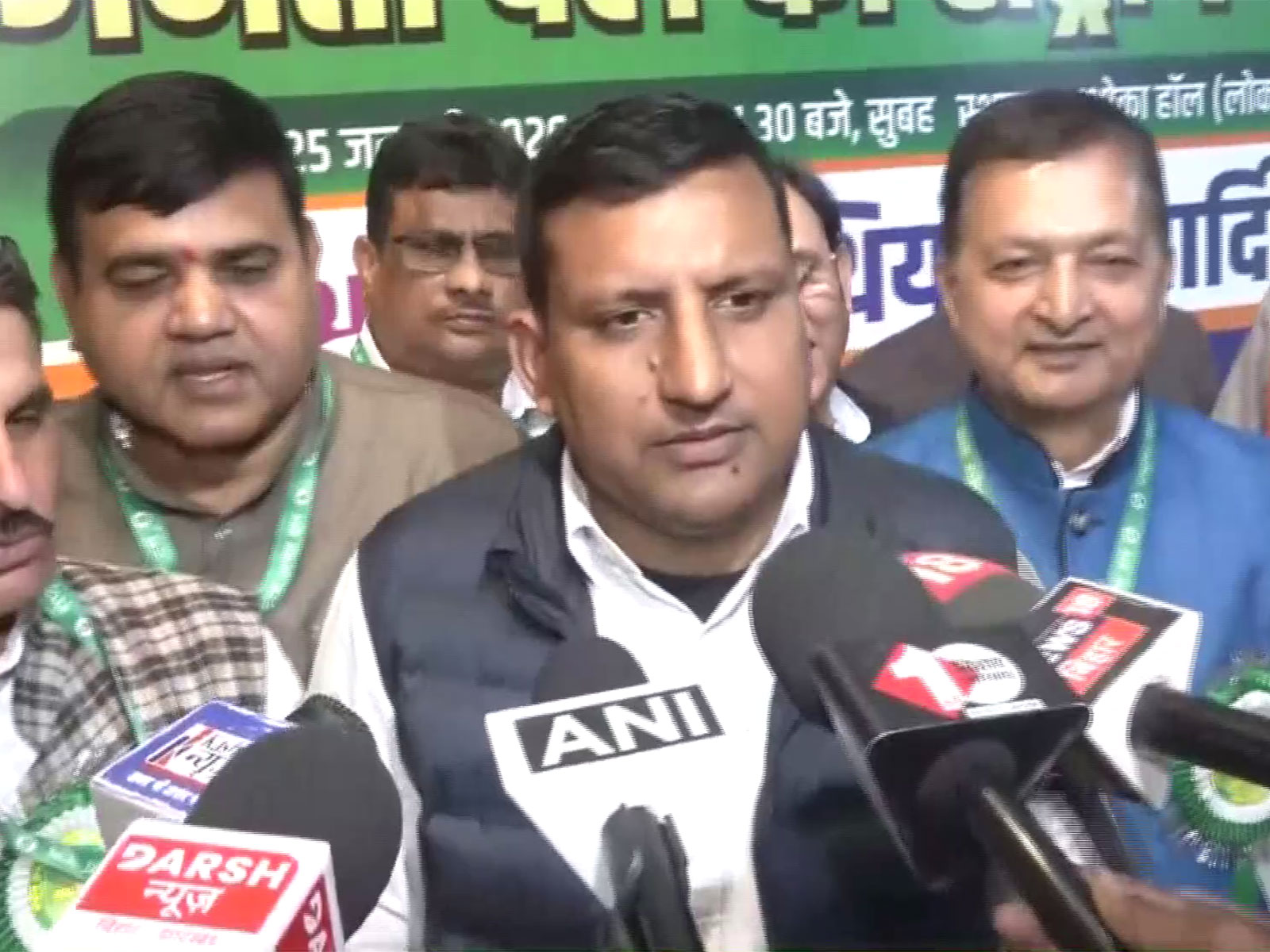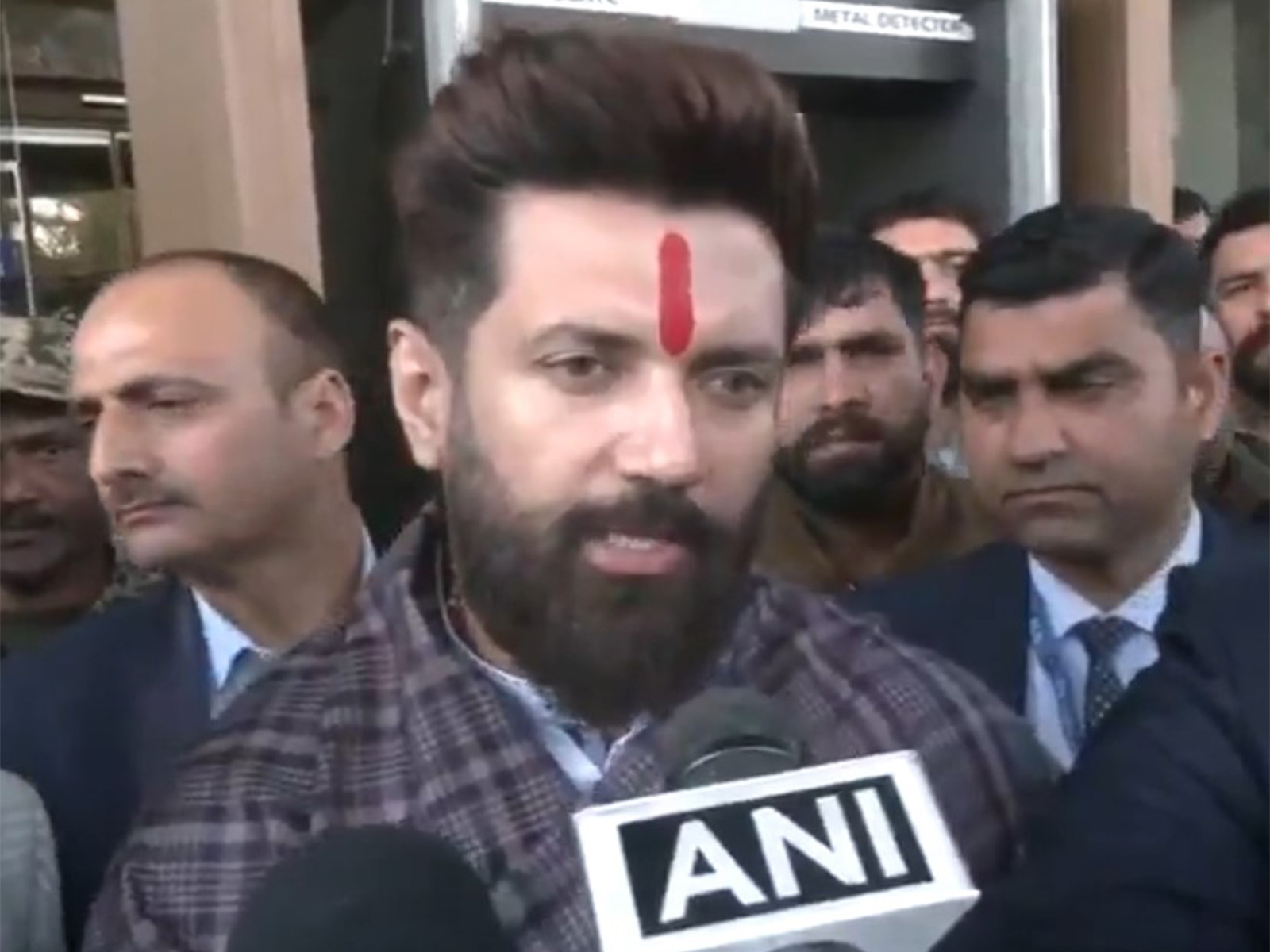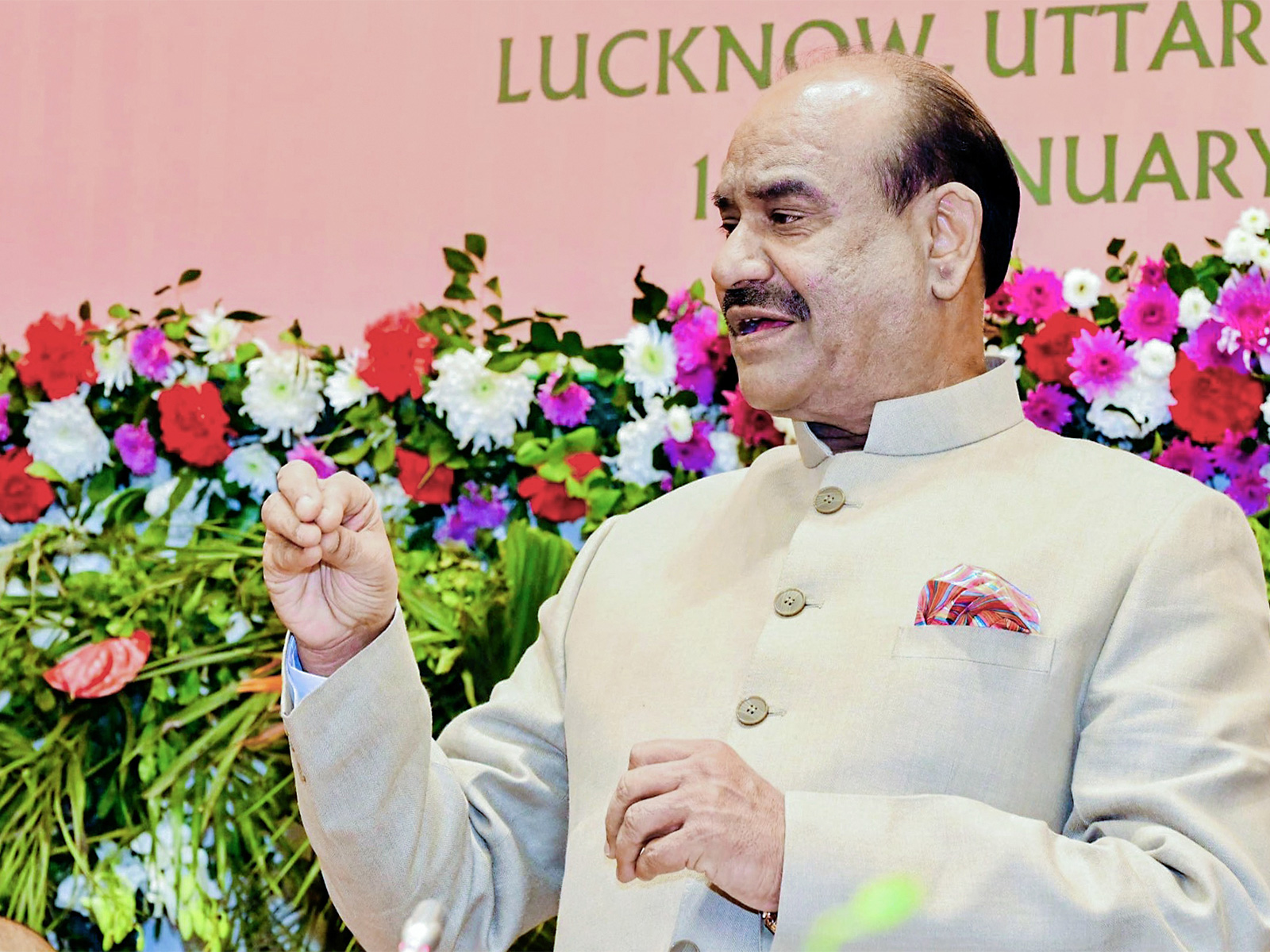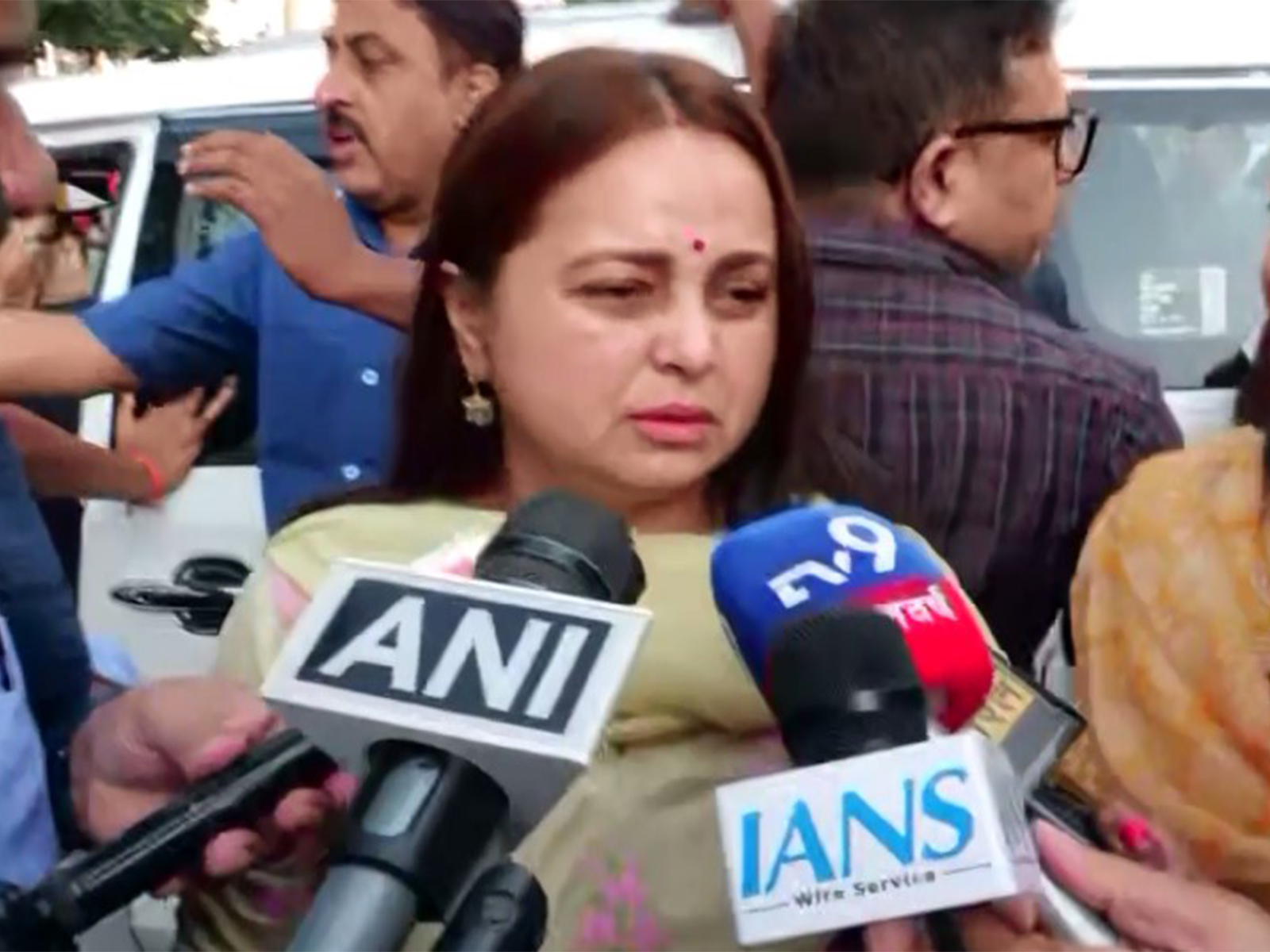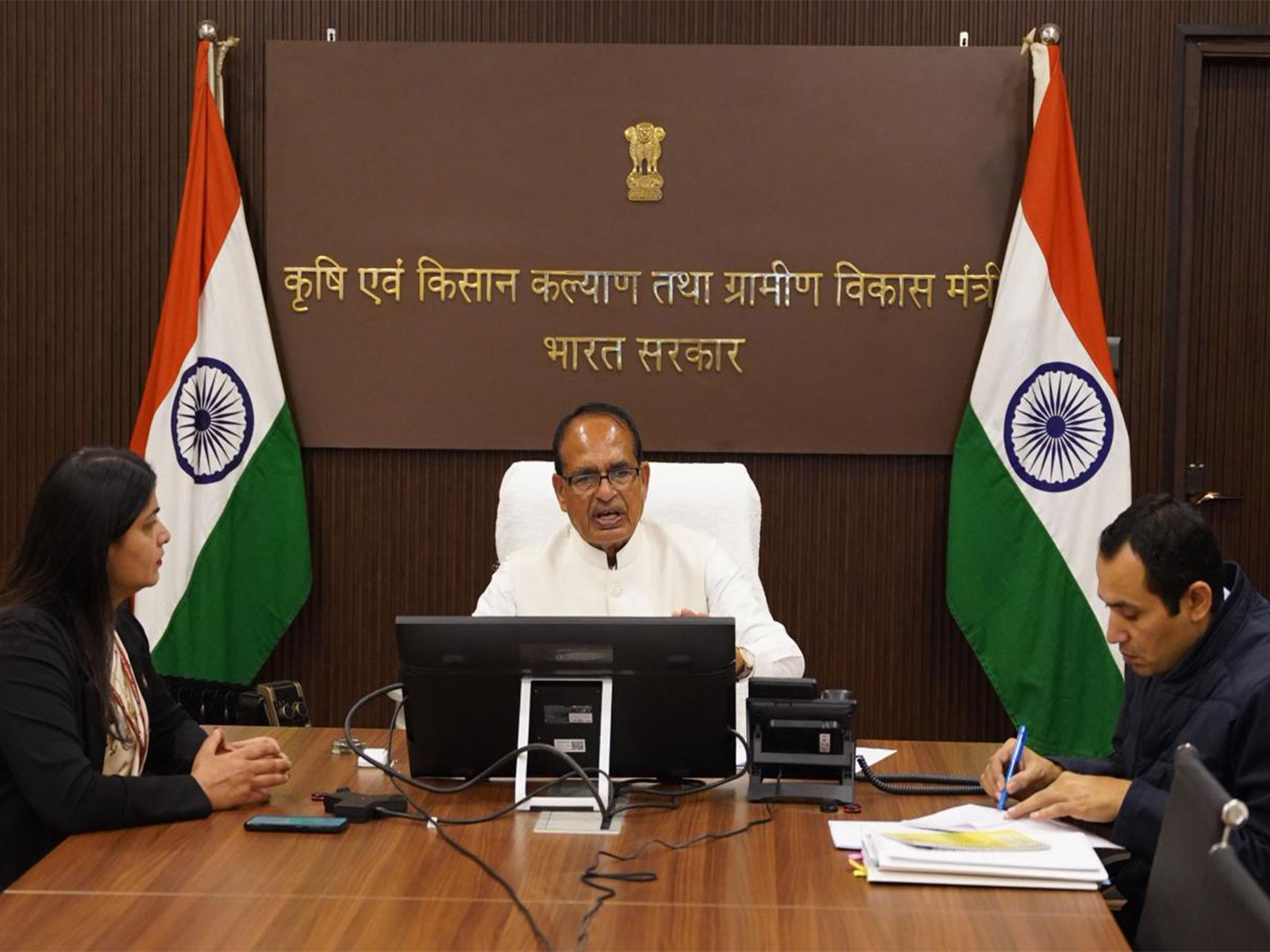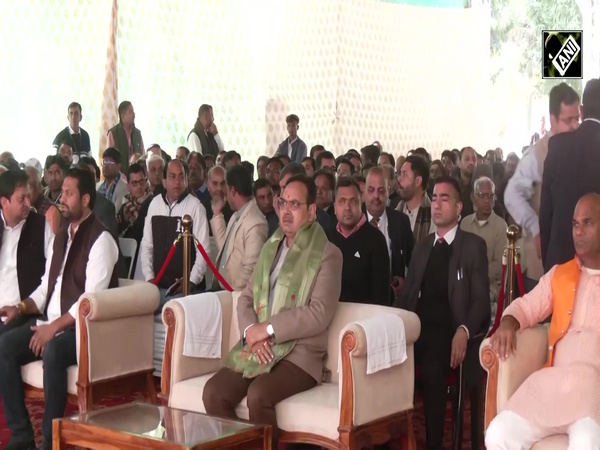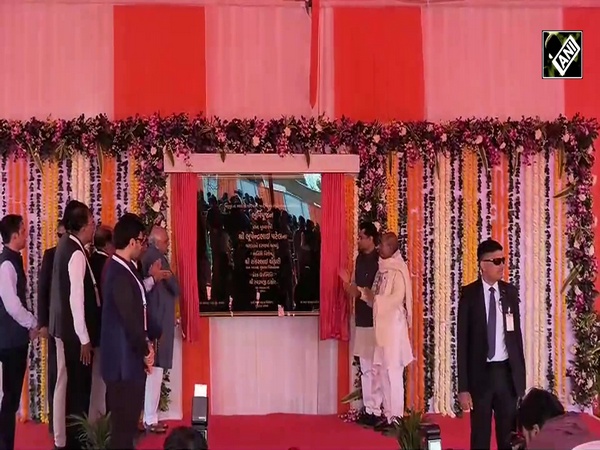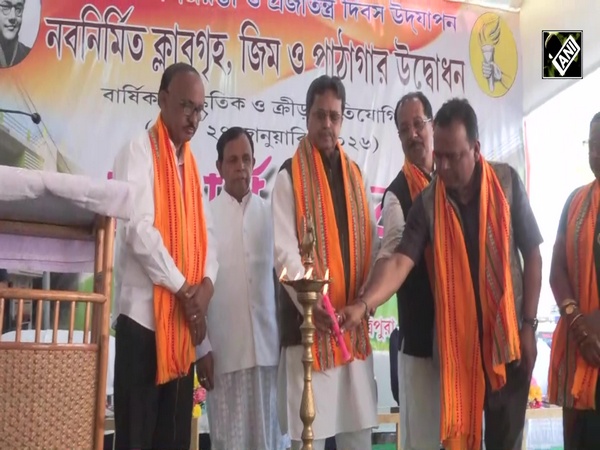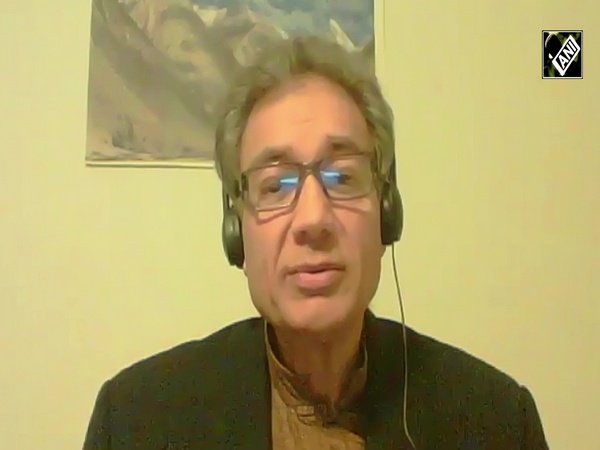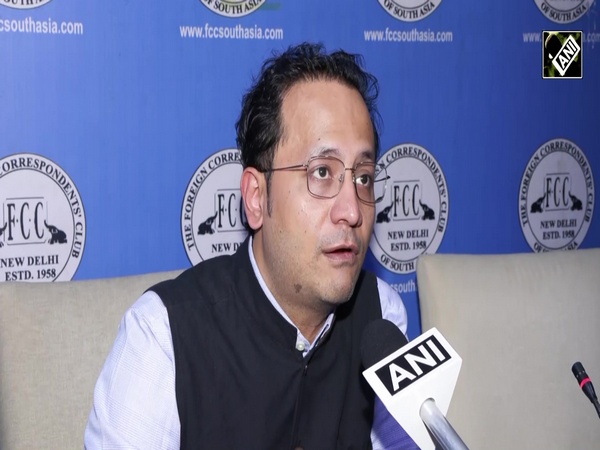Centre guides states, UTs on implementing COVID vaccine strategy from May 1
Apr 24, 2021

New Delhi [India], April 24 : Union Health Secretary Rajesh Bhushan and Dr R S Sharma, Chairman, Empowered Group on Technology and Data Management chaired a high-level meeting on Saturday to guide the States and Union Territories on effective implementation of the new vaccination strategy (Phase-3) to combat COVID-19 situation.
To review their augmentation plans so as to strengthen the existing hospital and clinical treatment infrastructure for COVID patients, Dr R S Sharma mentioned that the CoWIN platform has now stabilized and is working at scale flawlessly. It is equipped to handle the complexities of the new phase of vaccination starting from May 1. He highlighted the importance of uploading correct and timely data by States/UTs as any incorrect data would compromise the integrity of the entire system.
With regards to the Phase III Vaccination strategy from May 1, 2021, the states were specifically advised to register additional private COVID vaccination centres (CVCs) in mission mode by engaging with private hospitals, hospitals of industrial establishments, industry associations coordinating with designated appropriate authority, the mechanism for applications/requests and their processing and monitoring of pendency of registration.
It was also advised to monitor the number of hospitals that have procured vaccines and have declared stocks and prices on COWIN and schedule vaccination for eligible populations for providing adequate visibility of vaccination slots on COWIN. Sates were said to rioritize decisions regarding direct procurement of vaccines by the State, UT government.
The states were advised to publicize about the facility of "only online registration" for age groups 18-45 years.
To prepare and implement a comprehensive plan for augmentation, the states were advised to Identify additional dedicated Covid-19 hospitals and prepare field hospital facilities either through DRDO, CSIR or similar agencies in the public and private sector and ensure adequacy in terms of oxygen-supported beds, ICU beds and oxygen supplies.
It was said that setting up centralized call center-based services for allocation of beds and deploy of requisite human resources with proper training and mentoring of doctors and nurses for management of patients and strengthening ambulance services.
The States were also advised to maintain a real-time record for available beds and make it easily accessible to the general public and create guidelines and enable states to take over private health facilities to provide COVID-19 care. With expanding designated COVID-19 care facilities for isolation of asymptomatic and mildly symptomatic patients as all those who either cannot isolate at home and/or are willing for institutional isolation will have access to the requisite space and care.
Various steps taken by the Union Government to augment hospital infrastructure in the States and UTs were reiterated, such as the Union Government's instructions to hospitals under the control of central departments/PSUs to set up exclusively dedicated hospitals or separate blocks within the hospitals.
The plan to set up temporary COVID care facilities and makeshift hospitals, including ICU beds, in coordination with the DRDO and CSIR-CBRI, was reiterated.
The States/UTs were guided to coordinate with corporate entities/PSUs/Government departments for their CSR funds to facilitate setting up makeshift hospitals and temporary COVID care facilities. Cooperation with the National Cooperative Development Corporation (NCDC) for repurposing healthcare facilities (spread across 18 regional offices) for the creation of COVID facilities was also advised.
They were also advised to use railway coaches for management of mild cases. Details of availability of 3,816 such coaches, across 16 Zones of Railways have been shared with the states.
